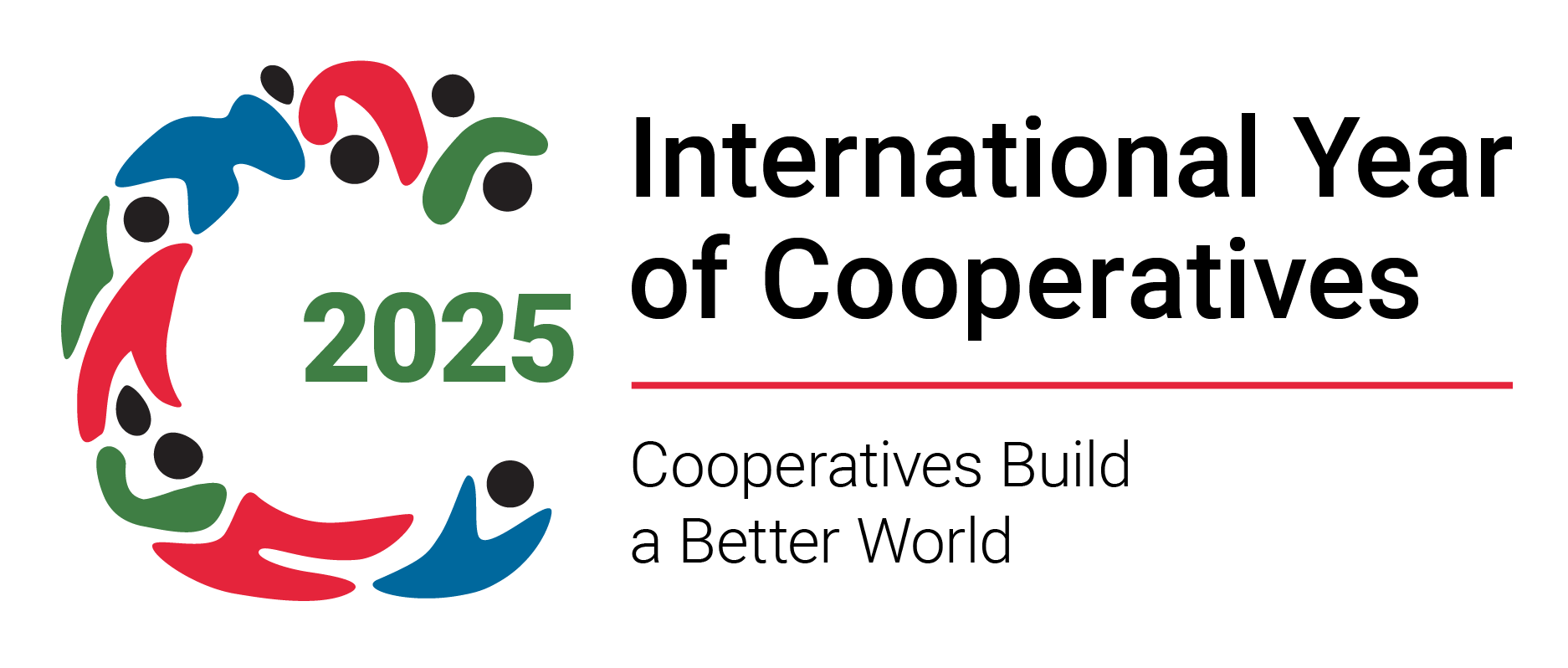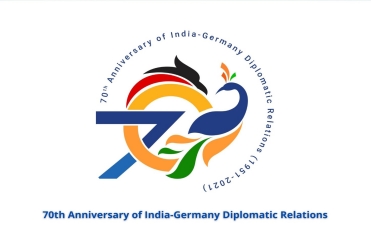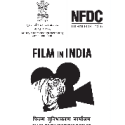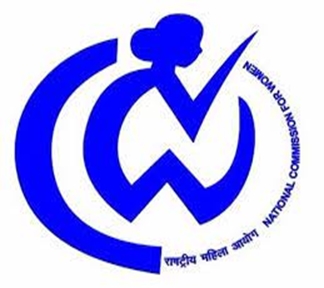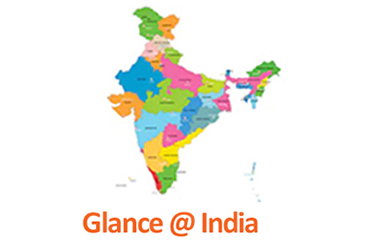- Home
- About Us
-
Consular Services
- Launch of e-Clearance for Afterlife Remains (eCARe) portal
- Instructions regarding entry into the consular Wing
- Reissue of International Driving Permit (IDP)
- Postal Applications
- Visa Services
- Passport Services
- OCI Information
- Renunciation of Indian Citizenship/Surrender Certificate
- Attestation,Consular and Misc.Services
- Weekly Open House
- MADAD - Consular Services Management System
- Indian Community Welfare Fund
- FAQs on Marital disputes involving NRI/PIO spouses

- Public Notices & Circulars
-
Embassy Wings
- Economic & Commercial Wing
- Contacts
- GI Digital Catalogue

- Overview of Indian Economy
- India-Germany Economic & Commercial Relations
- Doing Business in India
- Make in India

- Invest India

- Flagship Programs of Government of India

- Doing Business in Germany
- Trade Fairs
- Trade Dispute Advisory
- Foreign Investment
- Foreign Trade
- Newsletters

- Attestation of Documents

- Community Welfare
- Culture
- Information Wing/Media Center
- Science & Technology

- Political
- Consular
- Defence Wing
- Economic & Commercial Wing
- Media Center
- India-Germany Relations
- MIIM
- Useful Links
- Tenders
DHRUPAD
|
Monday 17 October 2016 18:00 hrs Auditorium |
|
Concert DHRUPAD Sunita Amin – Dhrupad |
|
Dhrupad is a form of Indian classical music, whose origin is linked to the recitation of Samaveda, the sacred Sanskrit text. It does not seek to entertain but to evoke a sense of quiet contemplation in the listener. Dhrupad probably evolved from the earlier chanting of Om, the sacred syllable that is claimed to be the source of all creation. Later, the rhythmic chanting of the Vedic scriptures evolved into singing of Chhanda and Prabandha. From this early chanting, Dhrupad evolved into a sophisticated, classical form of music. Sunita Amin is a student of UstadBahauddinDagar and Ustad Zia FariduddinDagar, who has been learning Dhrupad for the past 12 years. She is known for her performances and specializes in Raagdhari, Layakari and NaadBhed. Her Guru is UstadBahauddinDagar and at his request she began learning with Ustad Zia FaiduddinDagar at Dhrupad Sansar, IIT, Mumbai. She studied intensively with UstadBahauddinDagar at Dhrupad Gurukul set up by him at The Valley School, KFI, Bangalore for a year. She has been practising regularly with Shri Sanjay Agle for the past five years. Sunita has been performing all over India and for three years taught students in Chennai. She also conducts residential workshops for children in schools as she believes that children are the future of Dhrupad. Ustad Zia FariduddinDagar before his demise this year laid the foundation of Vishwa Dhrupad Gurukul on Sunita's land in Jaipur. She has initiated teaching of Dhrupad in Government Schools in Rajasthan. HindoleMajumdar has occupied a commendable position amongst the tabla players of his generation. Inspired by his maternal grandfather, Late SriChittaranjanRoy, and his mother, LateSunandaMajumdar,Hindolestarted learningtablaat the tender age of 5.Hehas also had the opportunity to learn the South Indian Rhythm instrument Mridangam from PanditS.Shekhar. Today, he performsall over the globeaccompanying artistes.Hindolehas founded theHindoleMajumdarSchool of Music and Dance in Milwaukee, USA where he teachesTablaand Indian Rhythm. ………………………………………………………………………………………………………………………………………………………… Dhrupad ist eine Form der indischen klassischen Musik, die auf die Rezitation der heiligen Sanskrit-Textedes Sama Veda zurückgeht. Es versucht nicht, zu unterhalten, sondern ein Gefühl der stillen Betrachtung im Hörer hervorzurufen. Dhrupadentstand ursprünglich aus der Wiedergabe der heiligen Silbe Omt, die als Quelle aller Schöpfung angesehen wird. Später entwickelte sich ein rhythmisches Chanten der vedischen Schriften von Chhanda und Prabandha, woraus DhrupadDhrupad als eine anspruchsvolle, klassische Form der Musik hervorging. Sunita Amin ist einelangjährige Dhrupad-Schülerin von UstadBahauddinDagar und Ustad Zia FariduddinDagar.Sunitaist in ganz Indien aufgetreten und hat Workshops für Kinder an Schulen organisiert, da sie glaubt, dass Kinder die Zukunft des Dhrupad sind. HindoleMajumdarist ein angesehener Tabla-Spieler seiner Generation. Inspiriert von seinem Großvater Sri Chittaranjans Roybegann er, ab seinem 5. Lebensjahr Tablazu lernen. Später beschaftigte er sich auch mit dem südindischen Rhythmusinstrument Mridangam. Heute ist er ein weltweit gefragter Begleitmusiker und Lehrer. |
||
|
Embassy of India Bus 200 Tiergartenstraße |
|
Free entry to all events for a maximum of 200 guests with valid Indian, German or other valid ID cards/passports having German stay permits. EU citizens may carry copies of their local registration certificate. Bags are not allowed. Information: 030-25795405 Freier Eintritt für maximal 200 Gäste mit gültigen indischen, deutschen oder anderen gültigen Personalausweisen/Reisepässen mit Aufenthaltsgenehmigung für Deutschland. Das Mitführen von Kopien ihrer örtlichen Anmeldebescheinigung ist für EU-Bürger notwendig. Taschen sind nicht erlaubt. Informationen: 030-25795405 |






